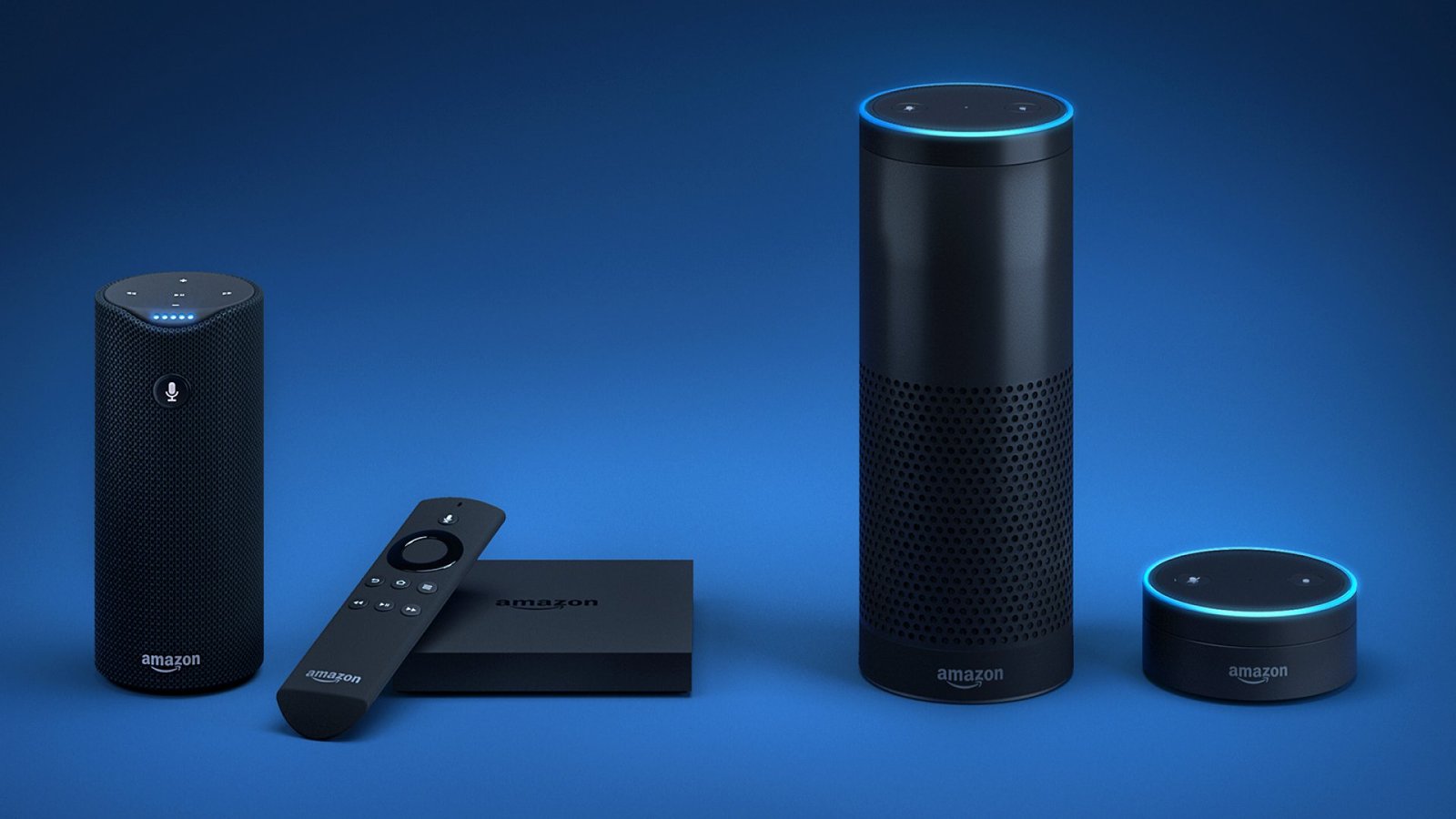Amazon is reportedly taking a significant step in evolving its voice assistant technology by introducing “Alexa Plus,” a paid version of Alexa enhanced with artificial intelligence (AI). This move reflects the company’s ambition to remain competitive in the rapidly advancing field of AI and voice assistant technology. However, this transition has not been without challenges.
Key Highlights:
- Amazon plans to revamp its popular voice assistant, Alexa, incorporating AI and transforming it into a paid service named “Alexa Plus.”
- The anticipated launch date for Alexa Plus is June 30, 2024, with the service currently in testing phases.
- Internal feedback from Amazon employees suggests that the new AI-driven Alexa Plus is proficient in conversations but struggles with practical tasks, giving long, often inaccurate responses and experiencing AI “hallucinations.”
- The integration of AI into Alexa is reported to be costly, driving Amazon’s decision to convert Alexa into a paid service.
- Concerns about the effectiveness of Alexa Plus have led to internal pushback, with some employees suggesting a delay in its launch.

Internal Challenges and User Skepticism
Reports from within Amazon reveal that the AI-driven Alexa Plus has struggled to perform practical tasks effectively. Employees have noted that while the assistant is capable of holding conversations, it often provides lengthy and inaccurate responses. Additionally, AI “hallucinations,” where the assistant delivers nonsensical or irrelevant information, have been a significant issue.
This internal feedback has led to a debate within Amazon about the readiness of Alexa Plus for market launch. Some employees are advocating for a delay, expressing doubts about the willingness of customers to pay for a service that may not meet their expectations in terms of functionality and accuracy.
Amazon’s Strategic Positioning
Amazon’s decision to monetize Alexa through Alexa Plus is a strategic pivot. Historically, voice assistants have served as gateways to broader ecosystems, encouraging users to engage more deeply with a brand’s range of products and services. For Amazon, Alexa has been a conduit to its online shopping and Amazon Prime services. By shifting Alexa to a paid model, Amazon is testing the waters to see if consumers value AI-driven voice assistance as a standalone service, independent of its ecosystem-integration benefits.
The Financial Impetus Behind Alexa Plus
The decision to introduce a paid model for Alexa, dubbed “Alexa Plus,” is driven by the high costs associated with integrating advanced AI into the voice assistant. Despite Alexa’s popularity, the voice assistant has reportedly been a loss-making venture for Amazon. The additional expenses of AI development have necessitated a shift towards a subscription-based model to offset these costs.
Amazon’s move to introduce Alexa Plus reflects the broader trend in the tech industry towards more advanced, AI-driven solutions. However, the reported shortcomings of Alexa Plus, coupled with the challenges of transitioning to a paid model, highlight the complexities involved in integrating AI into consumer technology. As the planned launch date approaches, Amazon faces the dual challenge of refining the AI capabilities of Alexa Plus and convincing users of its value as a paid service.


















